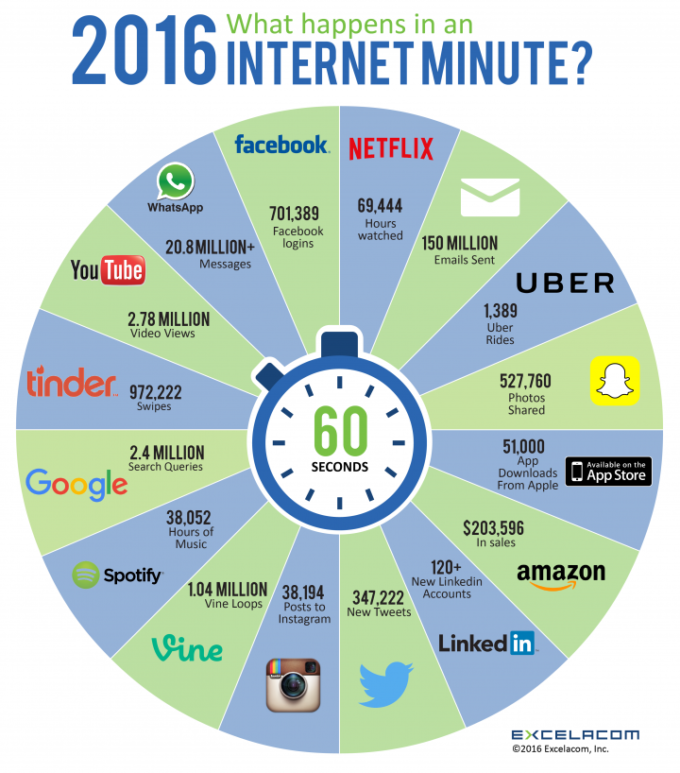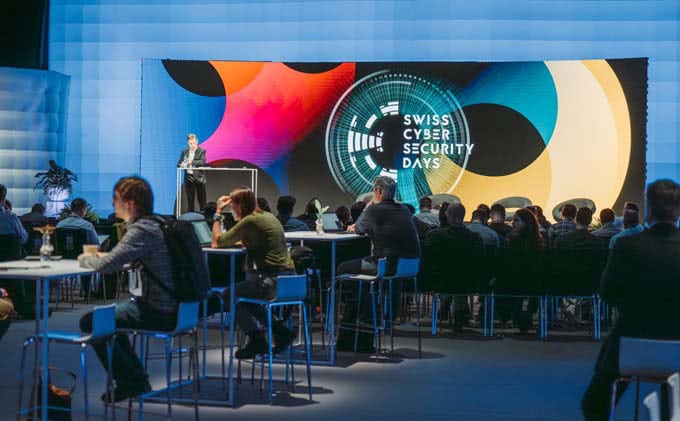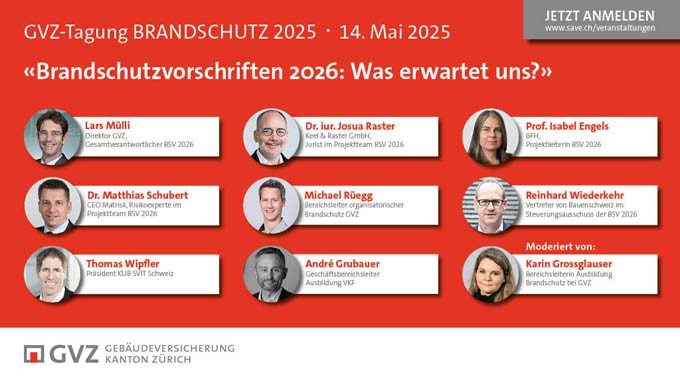Potential and risks of a democracy in a digitalised world
Potential and risks of democracy: Digitalization is rapidly changing our lives and also enabling new forms of political communication. How will we live participation in a digitalized world with all its opportunities and side effects?

What are the potentials and risks of political communication for a democracy? Digitalisation is already shaping the form, nature and content of social debate and political opinion-forming. Many media and political experts agree on one aspect: we all tend more and more to live in our own "filter bubbles".
Determined by algorithms, we mainly get to see news and information online that further confirm us in our views. Information that is foreign to our point of view is often not even integrated into our opinion-forming process - without us being aware of it. Of course, this also applies to the offline world. Because here, too, we usually surround ourselves with people who have a similar world view. Thus, our own opinion is usually confirmed in the social environment.
Filter bubble or freedom of information
Software algorithms can amplify this effect many times over. We are looking for new ideas on how to break through the filter bubble effects. Would it possibly help if we were given the opportunity on social media to see what someone with an "opposite" profile is seeing at the click of a mouse? How would this be implemented and verified in a world controlled by algorithms?
It is still unclear what effect filter bubbles actually have in the context of political decision-making processes. Finally, the Internet, especially social media, also opens up unprecedented opportunities to obtain information of all kinds and to network with users from all over the world with different perspectives.
Overload and lack of interpretative authority
We also find it increasingly difficult to assess media content. On the one hand, this is due to an overabundance of messages, channels and broadcasters with which we are confronted on a daily basis. On the other hand, especially in the context of social media, there is a pronounced struggle for interpretive sovereignty. There is a lack of de-ideologised, fact-based and interest-independent debates. Or there are too many contradictory "facts".
As a result, some people are becoming increasingly sceptical and powerless as to how informed and balanced decision-making will be possible under these conditions in the future.
Opportunity for democracy
Adequate political participation represents an essential foundation of democracy. In addition to important factors such as freedom of opinion and freedom of the press, balanced discourse in particular is also an important prerequisite for informing oneself and being able to make competent decisions in election and voting processes. Does digitalisation reinforce polarisation through filter bubbles and promote post-factual debates? Or does it, on the contrary, help to show diversity of opinion and to live transparency and interaction?
Thesis 1: Increasing transparency and far-reaching inclusion
Digitalisation and the growing relevance of social media have led to lower barriers to political participation as well, and thus to a new openness on the part of politicians. This enables far-reaching inclusion. Citizens can engage directly in dialogue with high-ranking politicians.
Thesis 2: Increased visibility of criticism
The increasing transparency allows the population to show criticism but also displeasure more easily and to network for their concerns. Data can not only be analyzed, but also easily visualized. Connections become more obvious or even newly discovered - be it financial figures, pollutants or demographic information.
Groups with social, political, ecological or economic interests, as well as government institutions and organizations, can bring their concerns to the attention of the general public very quickly and easily. New forms of collaboration, such as open innovation or crowdfunding, create potential for broad participation.
Thesis 3: Deeds instead of words in local participation
There is also a growing interest in local participation processes - mostly carried out or at least supported digitally - which help to increase the acceptance of political decisions and trust in decision-makers and support creative solutions.
This development is in stark contrast to the frequently proclaimed disenchantment with politics, especially among the younger generation. Younger citizens in particular are active where they feel they can actually make a direct difference. For them in particular, classic elections and votes are becoming less attractive and thus also less relevant.
This may be due on the one hand to a certain "election-without-results" fatigue, but on the other hand also to being overwhelmed by the complexity of the matter and the amount of content, actors and interpretations.
Thesis 4: Increasing decision delegation
The success of populist parties additionally suggests that the independent, differentiated weighing of arguments is increasingly giving way to a delegation of decision-making authority to the most persuasive party or person. However, if an elaborate analysis of arguments is dispensed with, emotionally charged statements, charismatic personalities and the promise of measures can convince more easily.
To counteract this, new mechanisms and ideas are currently being discussed. For example, the historian David Van Reybrouck proposes more lay bodies as a further recommendation authority.
A more advanced Link on "Lay Panels as a Further Recommendation Body".
Conclusion: Shaping the digital future
In order for us as individuals and as a society to keep pace with advancing digitalisation, a high level of digital competence and active engagement is required. This requires new technical skills, but also the competence to deal with information, uncertainty and active influence. It is necessary to deal with counter-arguments beyond one's own filter bubble on a daily basis.
Socially, it is worth promoting a dialogue between increasingly polarized positions on- and offline. Politics and the public sector can help to bridge digital divides. Companies and individuals are challenged to master the transformation, especially in the area of political communication and participation. Otherwise, we run the risk of becoming pawns in a game whose rules are written by influential decision-makers and influencers.
The path of active co-design is costly. Getting involved yourself can be unpleasant. The rewards are informed opinion-forming processes and a society that develops and lives its democracy in a participatory manner.
Putting yourself out there can be uncomfortable because the world is rapidly evolving. See social media activities in "One Internet Minute„:










